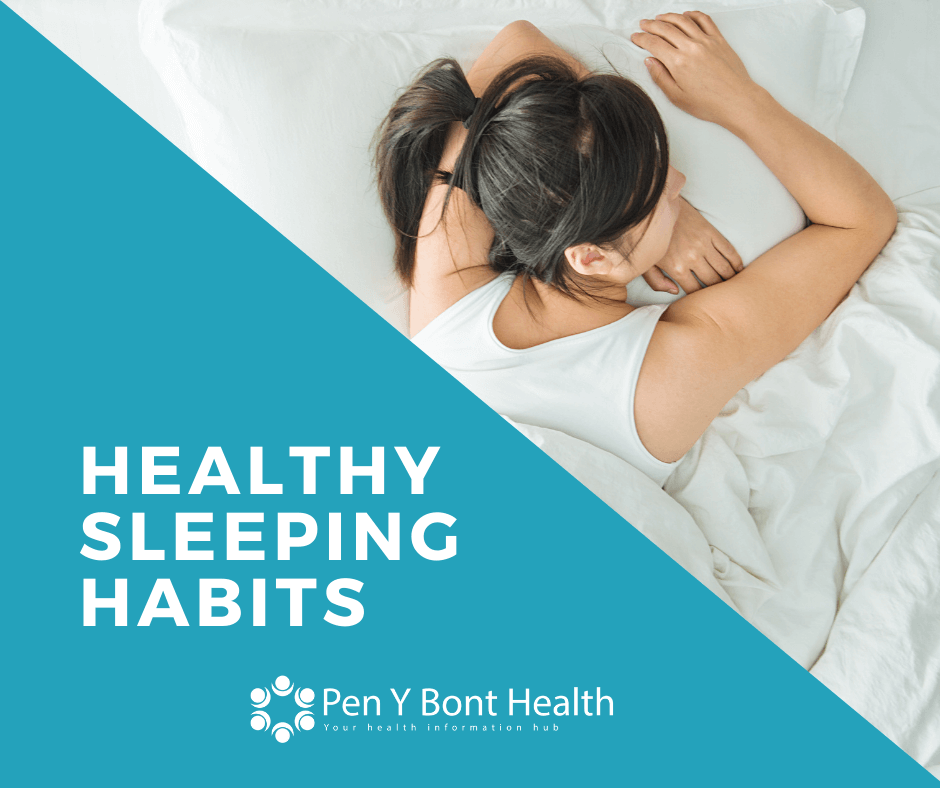
1 in 3 people suffer from poor sleep. Feeling grumpy or having a lack of focus, are some of the many effects unhealthy sleep can have on us. However, sleep deprivation, over a period, can also have serious consequences on our health.
Granted, those with young children may have sleep difficulties for a different reason, but it’s still important to be aware of trying to get good sleep as and when you can.
In the long-term the cost of continuous sleepless nights could put you at risk of medical conditions, including obesity, coronary heart disease and diabetes. With a solid night’s sleep being essential for a long and healthy life, 8 hours of good-quality sleep is recommended by the NHS.
What can you do to give yourself the best chance of a good night’s sleep?
Regular Sleep Times
Establish a regular bedtime and wake time. This can programme the brain and your internal body clock to a set routine. You can plan a bedtime routine by working out what time you need to wake up. Start scheduling 6-9 hours of sleep to begin with and find what works for you. The most important thing is sticking to the routine.
Wind Down
Make sure you wind down. This is a critical stage in preparing for sleep. Find ways to relax, such as a warm bath or reading a book. Try to avoid using smartphones, tablets, or other electronic devices before bed, as the screen lighting can have a negative effect on sleep.
A dark and quiet bedroom, at a comfortable temperature, can help with winding down and create a restful mindset before sleep.
Bedroom
Simple housekeeping and small comforts in your bedroom, can enhance a relaxing environment to sleep in. For instance, using inviting bedding and having a tidy bedroom, can help associate the room with a relaxing night’s sleep. Having a comfortable bed is very important for a restful night.
It is also important that you reserve your bedroom for sleep. Working from home in your bed or bedroom for instance, could associate the environment with stress. Your bedroom should be a peaceful place for rest and sleep.
Healthy Lifestyle
A healthy lifestyle can benefit your sleep. Regular exercise can release tension throughout the day, so you may feel more inclined to sleep easy during the evening. However, be sure to avoid heavy exercise like the gym or running just before bed, as this could keep you active and awake. Unhealthy lifestyle habits, such as excessive alcohol and use of tobacco before bed, can seriously affect your sleeping patterns and routine. A healthy diet during the day and then avoiding heavy, sugary, and spicy foods before your bedtime, also reduces the risk of disturbing your sleep or routine.
Caffeinated drinks, such as tea, coffee, energy drinks or colas, also interfere with falling asleep. Consider cutting down on caffeine, especially in the evenings. Try a warm, milky drink or herbal tea before bedtime, to enhance deep sleep.
Sleep Diary
Keeping a sleep diary can be useful, to uncover lifestyle habits or activities that are causing you sleeplessness. Underlying conditions, such as stress or medicine issues, may reveal themselves whilst looking through your sleep diary. It is also good practice to “write away” your worries. Laying in bed and worrying about the next day, could be keeping you awake. Setting aside time before bed to write plans for the next day, aims to avoid thinking of these things when you’re trying to sleep.
Further Support
The sleep station website also provides a range of useful articles and resources designed to aid sleep and is recommended by the NHS.
